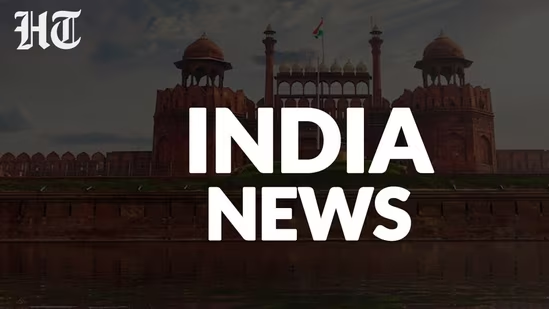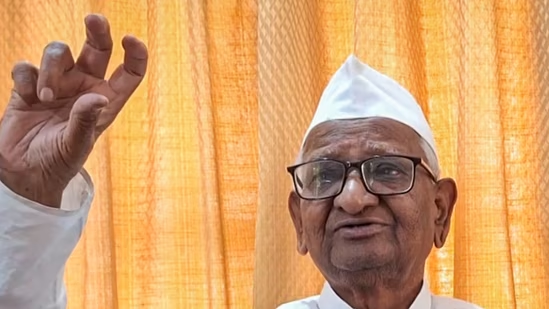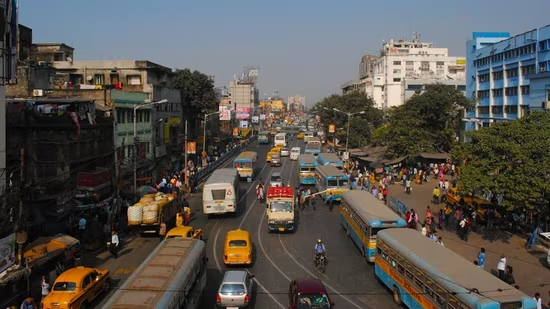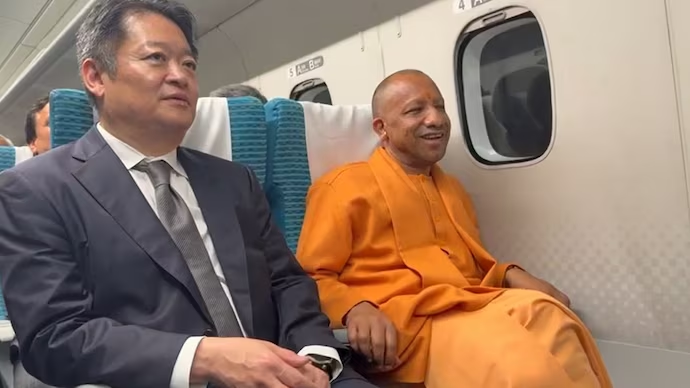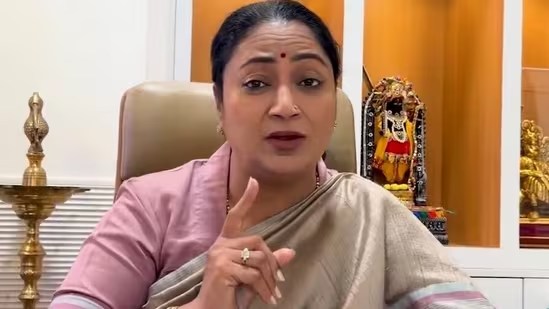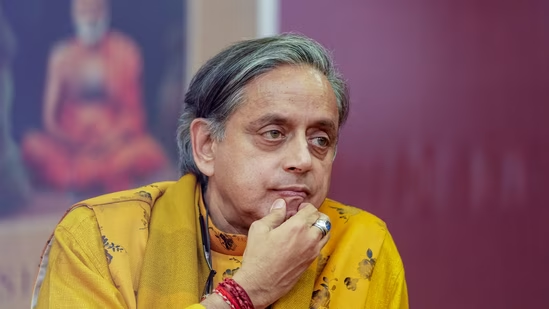In Short
- India-UK sign Free Trade Agreement in London
- 99% Indian exports to UK duty-free, tariffs cut on UK goods
- Scotch whisky duty halved, EV import duty cut significantly
India and the United Kingdom on Thursday signed a long-awaited Free Trade Agreement (FTA) that is expected to boost bilateral trade by nearly $34 billion every year.
The deal was formalised in London in the presence of Indian Prime Minister Narendra Modi and British Prime Minister Keir Starmer.
The agreement was signed by India’s Commerce Minister Piyush Goyal and the UK’s Secretary of State for Business and Trade, Jonathan Reynolds.
It marks a major milestone in economic ties between the two nations and is seen as the most important trade agreement for India in over a decade. For the UK, it is its first major trade pact since leaving the European Union.
PM Narendra Modi said, “This agreement is not just an economic agreement but also the plan for a shared prosperity. On one side, Indian textile, footwear, gems and jewellery, seafood and engineering goods will get better market access in the UK. New opportunities will emerge in the UK market for India’s agricultural produce and processed food industry.”
“This agreement will especially benefit Indian youth, farmers, fishermen and MSME sector. On the other hand, for the people of India and industry, products made in UK like medical devices will be available at reasonable and affordable prices,” he added.
KEY BENEFITS FOR BOTH COUNTRIES
As per documents shared by Indian officials, 99% of Indian exports to the UK will now attract zero duties. This includes key sectors such as textiles, generic medicines, medical devices, leather goods, chemicals, and agricultural products.
In return, India will reduce tariffs on 90% of its tariff lines, with the average tariff on British goods coming down from 15% to 3%.
The import duty on Scotch whisky will be halved immediately to 75%, and further reduced to 40% over the next ten years. Electric vehicles from the UK will also see a drop in import duties, from 110% to 10%, under a quota system.
Indian agricultural exports will now enjoy tariff parity with major European nations, while zero-duty access for textiles and leather goods is expected to strengthen India’s position over other regional exporters such as Bangladesh and Cambodia. The leather sector alone is expected to gain an additional 5% market share in the UK within two years.
BOOST TO INDIAN EXPORTS
The agreement is expected to bring a major push to several Indian industries. As per government estimates:
Engineering and electronics exports to the UK could double by 2030.
Chemical exports may rise by 30% to 40% in the next financial year.
Exports of gems and jewellery, currently at $941 million, are expected to double over the next three years.
BENEFITS FOR THE UK
UK PM Keir Starmer said, “It is a deal that will bring huge benefits to both of our countries, boosting wages, raising living standards and putting more money in the pockets of working people. It is good for jobs, it is good for business, cutting tariffs and making trade cheaper, quicker and easier.”
From the UK’s perspective, the deal will make it easier for companies to sell whisky, automobiles and other products to India. The agreement also includes a procurement section, allowing British businesses to bid for Indian government contracts at the federal level — a move that is likely to help UK service companies.
There is also a dedicated chapter on financial services. UK officials confirmed that it will ensure British financial firms get equal treatment as domestic companies in India.
Another chapter will focus on intellectual property rights. While there were concerns earlier that the UK might ask India to tighten rules that could affect its supply of low-cost medicines, officials quoted by Bloomberg said the FTA will not hamper India’s ability to supply generic drugs.
UK Prime Minister Keir Starmer called the agreement a “major win” for Britain. “It will create thousands of British jobs across the UK, unlock new opportunities for businesses and drive growth in every corner of the country,” Starmer said in a statement.
As part of the visit, the UK government also announced that Indian companies will be investing nearly 6 billion in the UK, helping to create more than 2,200 jobs across the country.
UK officials estimate that the deal will lead to a 60% rise in British exports to India over the long term.
Although the deal has been signed, it still needs to be approved by the Indian Cabinet and ratified by the UK Parliament before it comes into effect.






